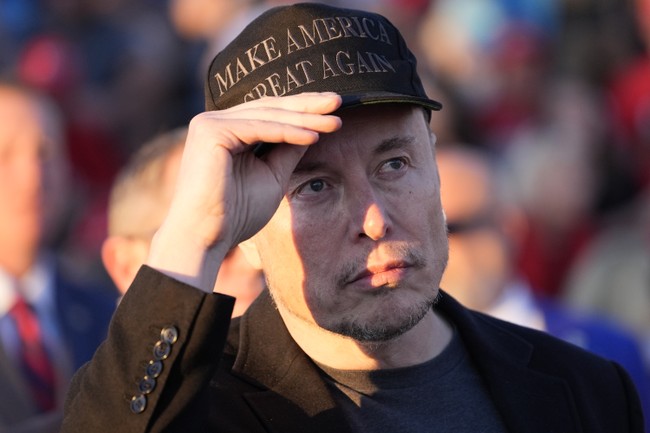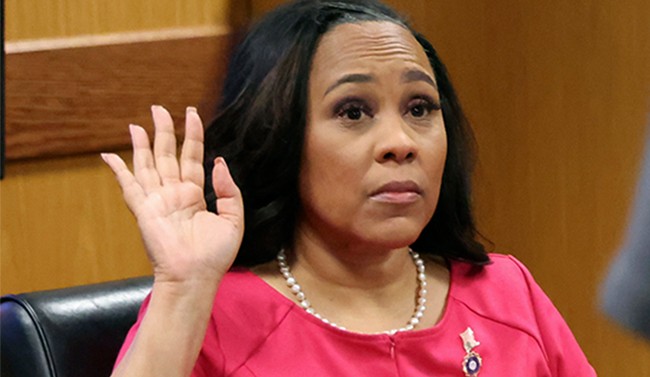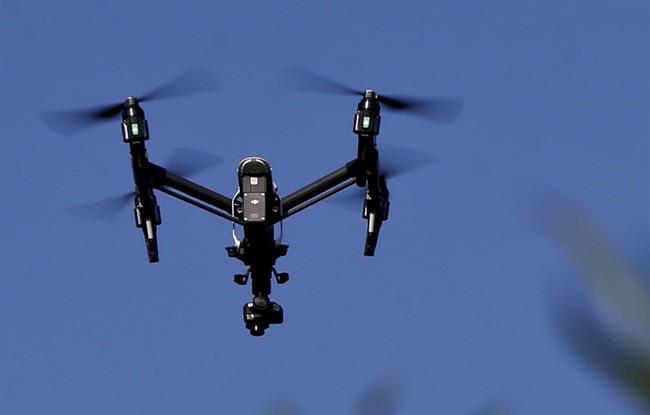Elon Musk's Intervention in German Politics
The recent endorsement by Elon Musk of Germany's far-right AfD has triggered widespread debate and reactions across political spectrums both in Germany and internationally.
Published December 21, 2024 - 00:12am

Image recovered from redstate.com
Elon Musk's recent public endorsement of Germany's far-right party, Alternative für Deutschland (AfD), which is known for its strong anti-immigrant stance and Eurosceptic policies, has sent shockwaves through the political landscapes of both Germany and the wider international community. This support comes at a time when the current political climate in Germany is particularly volatile, with the nation's government facing a potential collapse and likely elections anticipated in the near future. Musk's commentary on Germany's internal politics highlighted his perceived support for an ultranationalist agenda during a period of significant political unrest.
The AfD, a party often linked to nationalist and far-right movements in Europe, has steadily increased its influence and has recently seen a surge in its support base. This can be attributed to its strong position on sovereignty, migration control, and its opposition to the European Union's policies. Musk's tweet, suggesting that only the AfD could rescue Germany, has drawn criticism and support, intensifying the ongoing debate regarding foreign influence in national politics. Many political leaders and commentators have expressed concern over Musk's alignment with a party that is viewed by many as controversial.
The endorsement has been met with a range of reactions from Germany's political elite. Chancellor Olaf Scholz responded by underscoring the importance of freedom of expression, even for billionaires like Musk, yet cautioned against spreading unfounded political assertions. Similarly, Christian Lindner of the Free Democratic Party (FDP) advised Musk to approach German political complexities with caution and avoid making hasty conclusions from abroad. These reactions showcase the discomfort felt by mainstream parties, all of which exclude any form of coalition with the AfD, further polarizing the domestic political scene.
This isn't the first instance of Musk involving himself in European or global politics, as he has previously expressed thoughts on immigration policies and anti-establishment parties. However, Musk's more recent immersion into Germany's political affairs is particularly significant, with many attributing this to his expanding influence associated with the upcoming U.S. presidential administration and its potential alignments.
The tensions reveal a complex intersection between business, politics, and social media influence. The convoluted relationship Musk appears to have with populist movements in Europe and beyond raises questions about the role of influential business figures in national electoral processes. The reaction to Musk's endorsement highlights how German political figures are grappling with these external influences while striving to maintain democratic integrity amidst rising nationalism.
Furthermore, political analysts are closely observing the potential implications of this endorsement for German elections scheduled for February 2025. With polls indicating substantial support for the AfD, particularly in regions with historical ties to right-wing politics, there is growing concern about the ramifications of such political endorsements on voter behavior and electoral outcomes.
The broader geopolitical context cannot be ignored. Germany, a pivotal country within the European Union, finds itself at the crossroads of influence emanating not only from American billionaires but also from Russia, further complicating its strategic position amid international tension. Analysts warn that these combined influences may help the AfD consolidate support within the German Bundestag, potentially challenging the formation of future governments if they manage to secure a significant portion of the vote.
Overall, the endorsement by Elon Musk has sparked crucial discussions about sovereignty, electoral integrity, and the power dynamics between media personalities and political campaigns. His intervention serves as a reminder of the evolving landscape of political influence, where internet magnates can potentially sway public opinion and electoral outcomes, raising critical questions about transparency and accountability in modern democracies.





